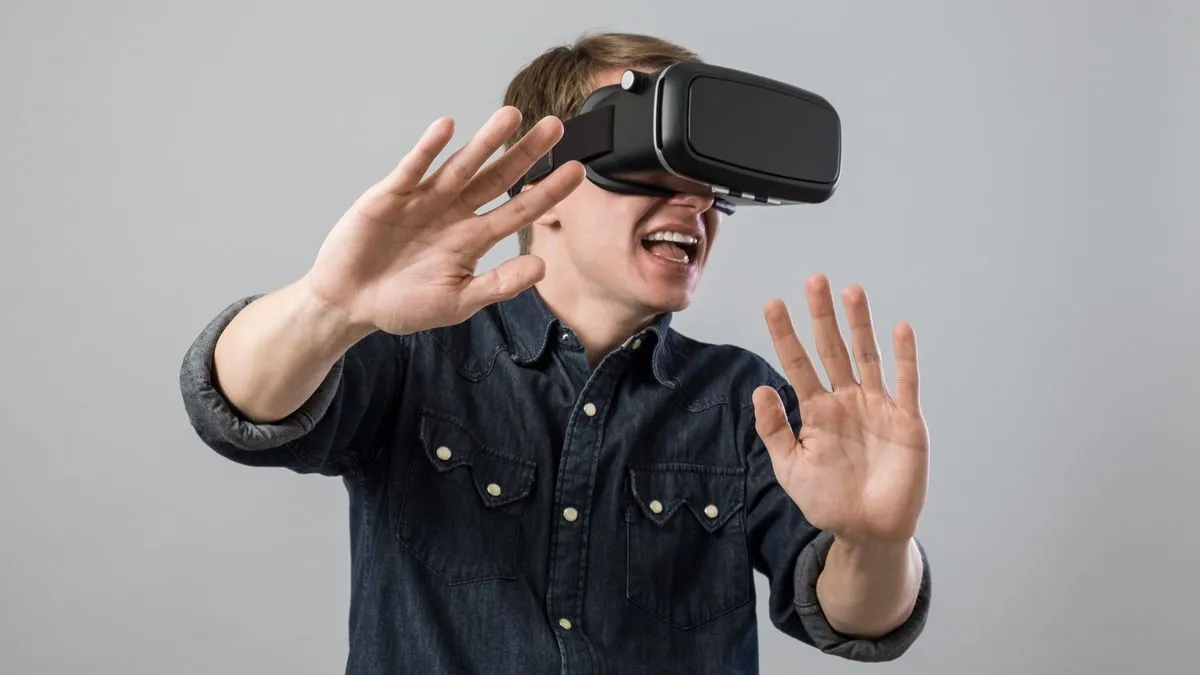VR still makes 40-70% of players want to throw up, and that's a huge problem for the companies behind it
VR still makes 40-70% of players want to throw up, and that's a huge problem for the companies behind it

Why virtual reality makes a lot of us sick, and what we can do about it.

Why virtual reality makes a lot of us sick, and what we can do about it.